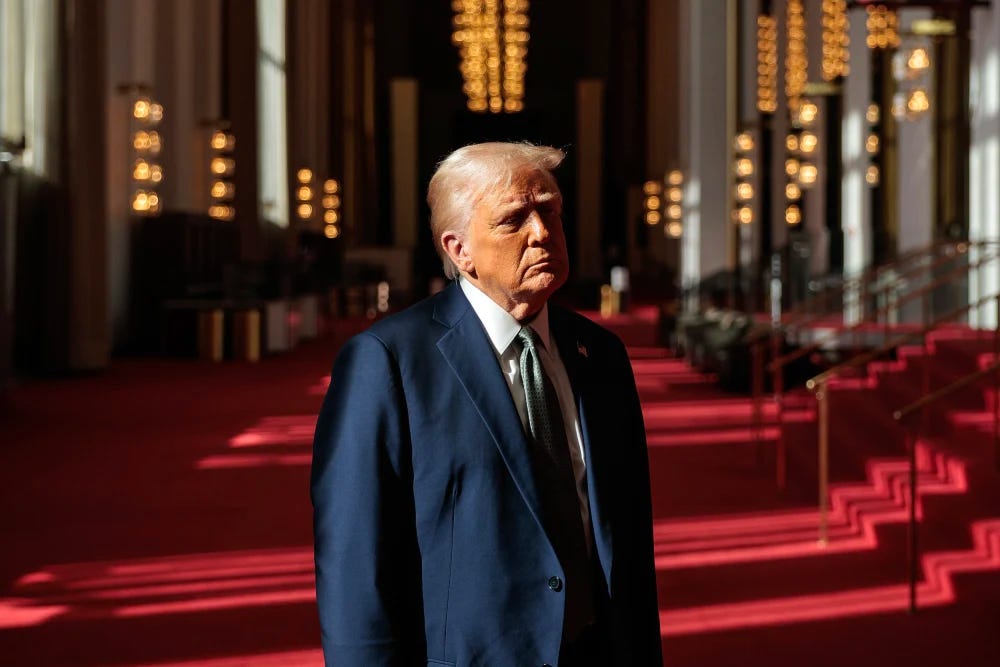Trump's Third Term Ambitions: A Constitutional Challenge
Exploring the Dangerous Possibility of a Third Term for Trump.

In a recent interview with NBC News, President Donald Trump hinted that he might try to run for a third term in the White House. This idea would go against the 22nd Amendment of the U.S. Constitution, which limits presidents to two terms.
Trump mentioned that "there are methods" to pursue a third term but didn't explain what those methods are. His statement has caused a lot of speculation and debate among political experts and the public.
The Constitutional Barrier
The 22nd Amendment is a big obstacle for any president wanting more than two terms. Changing the Constitution is a difficult process that needs a two-thirds vote in both houses of Congress or a constitutional convention called by two-thirds of state legislatures. After that, three-quarters of the states must agree to the change.
Nevertheless, this is a threat to the democratic principles in the Constitution.
Concerns and Issues
Many argue that Trump's suggestion of a third term undermines the democratic norms that have been in place for decades. The 22nd Amendment was established to prevent any president from holding too much power for too long, ensuring a healthy rotation of leadership. Allowing a third term could set a dangerous precedent.
Legal experts have pointed out that the process to amend the Constitution is extremely challenging and unlikely to succeed. They warn that even discussing such changes can create political instability and distract from more pressing issues facing the country.
Some political analysts also worry that Trump's comments could embolden other leaders to challenge constitutional limits, further destabilizing the political landscape. This could lead to a slippery slope where the fundamental principles of democracy are gradually eroded.
Changing the law to allow a third term would undermine the very foundation of American democracy. The 22nd Amendment was put in place to ensure that no single person could hold too much power for too long. This amendment protects the democratic process by promoting regular changes in leadership and preventing the rise of authoritarianism.
A third term could also weaken the system of checks and balances that is crucial for maintaining a healthy democracy. Again, it could also set a dangerous precedent, encouraging future leaders to seek ways to extend their power beyond the established limits. This would erode public trust in the democratic process and could lead to increased political instability.
Similarities to Putin's Elections in Russia
Trump's ambitions have drawn comparisons to Russian President Vladimir Putin, who has managed to extend his time in office through constitutional amendments. In 2020, Russia amended its constitution to remove the limit on presidential terms, allowing Putin to run for office again in 2024. Putin's elections have been widely criticized for lacking fairness and transparency, with accusations of vote-rigging and political repression. This situation in Russia serves as a cautionary tale about the dangers of altering term limits to extend a leader's power.
The Future
As Trump continues to hint at a possible third term, the political situation remains uncertain. Whether he will actually try this is still unknown. What is clear is that his comments have started new debates about presidential term limits and the balance of power in American democracy.
For now, Trump says it's "far too early to think about" a third term. However, his remarks have set the stage for ongoing discussions and possible political moves in the future.


